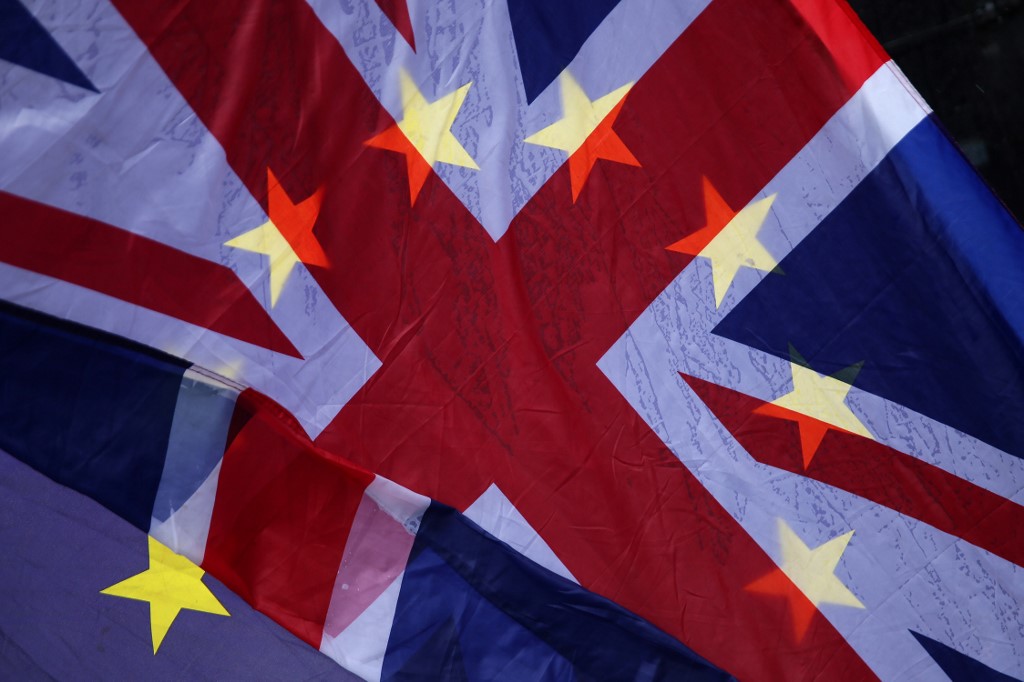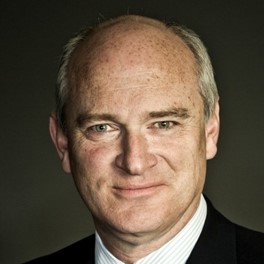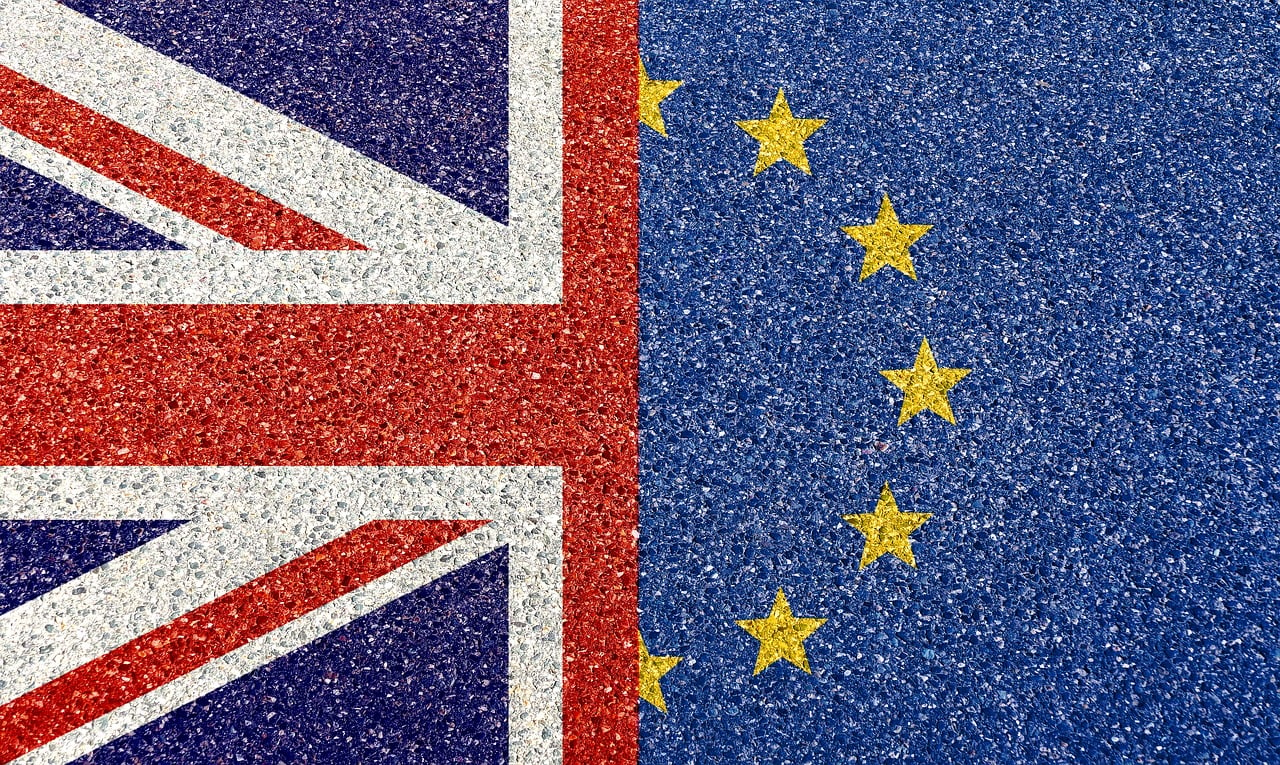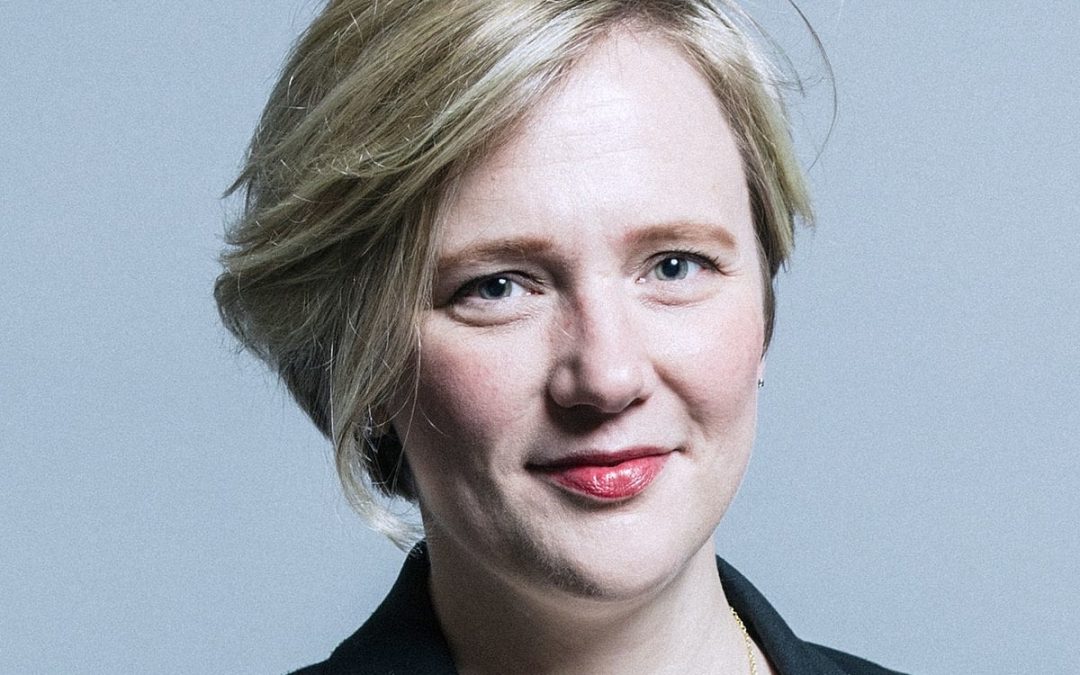
Bremainers Ask……. Tom Brake
Tom is Director of Unlock Democracy – a not-for-profit organisation campaigning for democratic reforms including PR, House of Lords reform, greater transparency and accountability of government and a written constitution. Tom also chairs a coalition of twelve organisations campaigning for proportional representation.
Previously he was a Member of Parliament for over 20 years, a government minister for three years and was Liberal Democrat Brexit Spokesperson in Parliament from 2017 to 2019.
Michael Soffe : Do you believe the time will ever come when we overseas voters will have our own constituencies?
Yes, but not in this Parliament. To make it happen, firstly we need to make sure all MPs know what overseas constituencies are and why UK citizens overseas would be better served by overseas MPs than the current arrangement. This is the phase we are in. Then we need to get overseas constituencies as a policy into the Labour and Conservative manifestos (it is already Lib Dem policy) for the next General Election. The final phase will be to pass legislation in the next Parliament. This timetable is feasible but exacting.
Ruth Woodhouse : Do you believe that the outrageous behaviour of Donald Trump and the increasing unreliability of the US could speed up the process towards a strengthened UK-EU relationship?
Yes, I am confident that it will have this effect.
The UK and the EU’s pro-Ukraine stance is driving this process and is already having this effect on UK-EU military relations. The UK’s pre-eminence as an arms manufacturer should put the UK in a strong position as Europe seeks to develop more effective joint procurement to re-equip its armies. This will require deeper cooperation between the UK and the EU.
Trump’s attacks on the international rules-based order are also driving the UK and the EU closer together. As an example of this, the US opposed a European-drafted resolution condemning Moscow’s actions and supporting Ukraine’s territorial integrity in the UN General Assembly. The UK and France then abstained on a US drafted resolution at the UN Security Council which called for an end to the conflict but contained no criticism of Russia.
However, were Trump to launch a trade war against the EU, but not the UK, this could trigger a cooling of UK-EU relations, particularly if the UK appeared to side with Trump or remained silent on the issue.
Mike Phillips: With Trump’s recent betrayal of security guarantees for Ukraine, how best can Lib Dems encourage Starmer to give greater priority to strengthening links with Europe?
Trump’s actions are already making it clear to Sir Keir Starmer that the UK needs to strengthen its links, at all levels, with the EU.
To encourage Sir Keir Starmer, the Lib Dems should express vocal support for any UK/EU warming of relations, press him to go further than he would like and continue to speak out loudly (in a way it is difficult for the UK Government to do) against the chaos Trump is creating around him.
Anon : Some pro-Europeans are holding out for full EU membership while others are fighting for incremental changes to the Brexit deal. Which approach is likely to be more effective?
The most effective approach in my view would be to gradually rebuild relations with the EU, start to make incremental changes that improve the Brexit deal, increase the UK’s limited influence over the EU and stop any UK legislative changes that could lead to further divergence.
This is the most likely route to rejoining the EU in the medium to long term. It would also mean we had demonstrated our reliability and commitment over a number of years, reducing the risk in the eyes of the EU that the UK is an untrustworthy partner who shouldn’t be allowed to rejoin. It would also give us the time to work on highlighting the benefits of EU membership, so we are in a strong position to fight the inevitable referendum.
David Eldridge : What is the chance of electoral reform happening after the next election?
With all the smaller parties in favour of electoral reform, and the Labour party membership and trade union movement (if not the Labour leadership) backing PR, support for PR is growing.
Add to that a two-party system that is splintering, leading to an increased likelihood of no party having a majority in the next Parliament. To form a government the larger party would require a coalition with a smaller party, which would likely seek PR as part of an agreed programme of government.
But to guarantee reform, we need the general public to be talking about electoral reform as one of the solutions to the UK’s longstanding and most intractable problems and putting pressure on the government for change. This isn’t happening at scale yet. Making PR the subject of supportive dinner table conversations is our biggest challenge and our best chance of ensuring PR for Westminster is in the next Labour manifesto.
Steve Wilson : With Labour MPs and members at odds with the government regarding Brexit and PR, do you think we can expect a change of approach before the next election?
The government are focused on delivering their five missions, with a sixth recently added, to boost the UK’s security and defence.
Although growth is central to its overall mission, and reversing some of the most damaging aspects of Brexit would be the quickest way to achieve growth, so far it looks as though the government is still too scared of ‘red wall’ voters to suggest any rapprochement that could be described as undoing Brexit. It has also painted itself into a corner by saying no single market, no customs union, no freedom of movement. So, I expect incremental improvements in UK/EU relations, not a big bang (see my answer to Ruth Woodhouse’s question).
For the answer on any change of approach to PR, see my answer to David Eldridge.
What do you consider Unlock Democracy’s greatest achievement, and your greatest challenge going forward?
Unlock Democracy’s greatest recent achievement is to have regained some of the visibility and influence it achieved in the years after it was first launched in 1988 (it was then called Charter 88). Unlock Democracy is now in regular conversations with government officials and MPs about a range of democratic reform issues, including automatic voter registration, postal votes for overseas voters, votes at 16, and foreign funding of UK politics. We expect a number of policies we have been campaigning for to be included in an Elections Bill which should be published in the next six months.
Our greatest challenge going forward is to broaden our support base so we can reach millions of people, rather than hundreds of thousands. This will be needed if we are to achieve electoral reform but also to reduce the UK’s vulnerability to a Trumpian-style insurgent government which denigrates and downgrades UK democracy and institutions.
Lisa Burton : Do you think if Britain was to change its voting method from FPTP to a type of proportional representation it would remove some of the tribalism and help restore trust in politics?
PR isn’t a panacea. Introducing PR won’t, on its own, restore trust in politics. This will require action on a number of fronts. It will require:
- a period of stable government
- evidence the government can deliver
- an absence of newsworthy scandals involving MPs
However, PR would help on all of these fronts:
- providing more continuity in government than First Past The Post (FPTP) voting which is leading to more and more unpredictable and potentially extreme outcomes
- delivering more effective government with evidence that countries with PR are healthier, wealthier, have less income inequality and are more serious about tackling climate change than countries with FPTP
offering fewer safe seats leading to less risk-taking by MPs.
On the subject of tribalism, PR for Westminster elections is likely to lead to coalition governments. Coalitions require parties to work together. This builds relations between politicians from different parties. It also means the policy solutions they design have to have wider electoral appeal. It may also reduce the chance that policies which coalition partners worked on together get scrapped after an election in which one of the coalition partners loses its seat at the Cabinet table.
Next month
Caroline Lucas was the UK’s first Green Party Member of Parliament between 2010 and 2024, and before that served for 10 years in the European Parliament. She has also served as both Leader and Co-Leader of the Green Party of England and Wales. She is a writer, campaigner and keynote speaker, with a particular interest in the role of education and the arts in mobilising action on the climate and nature emergencies. She has won numerous awards for her work: in 2020 she topped the list of the BBC Radio Woman’s Hour One Planet Power List of influential activists, educators and campaigners, and in 2024 the UK’s largest sustainable business awards scheme presented her with its Lifetime Achievement Award.
She is Co-President of the European Movement, and a Trustee of the Towner Art Gallery in Eastbourne. Her latest book, a Sunday Times bestseller, is Another England: How to Reclaim our National Story.
If you would like to submit a question(s) for Caroline, please email us no later than Tuesday 8 April.
























